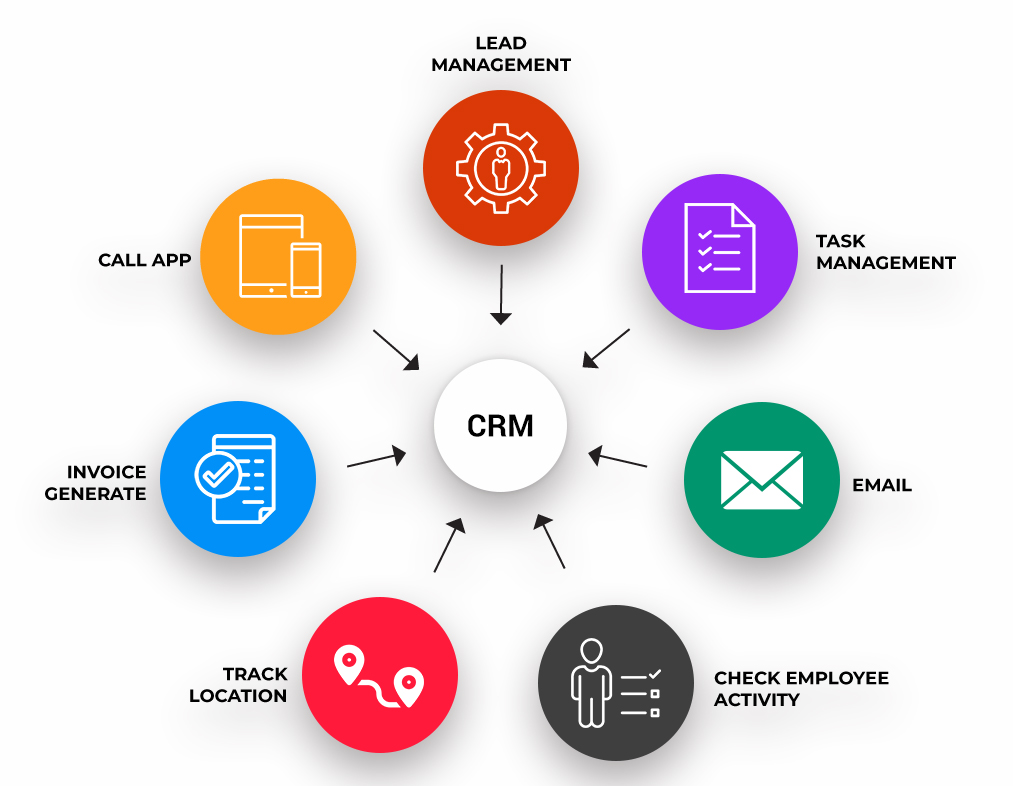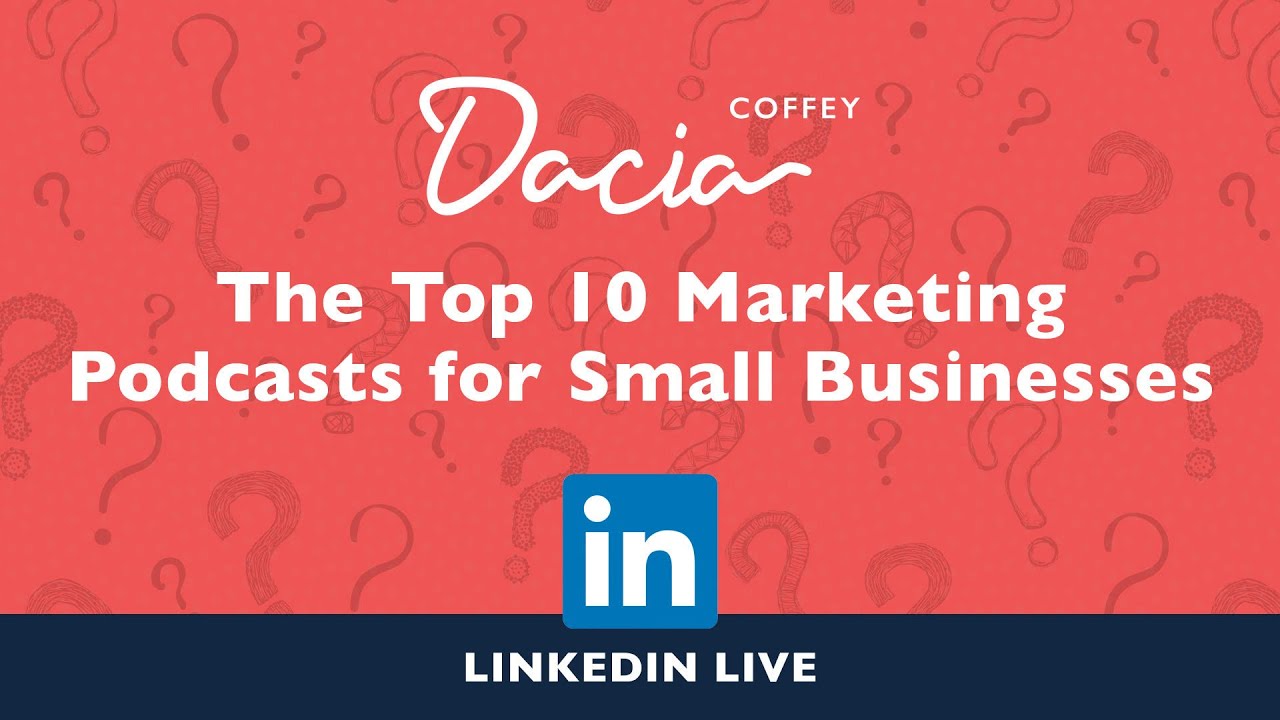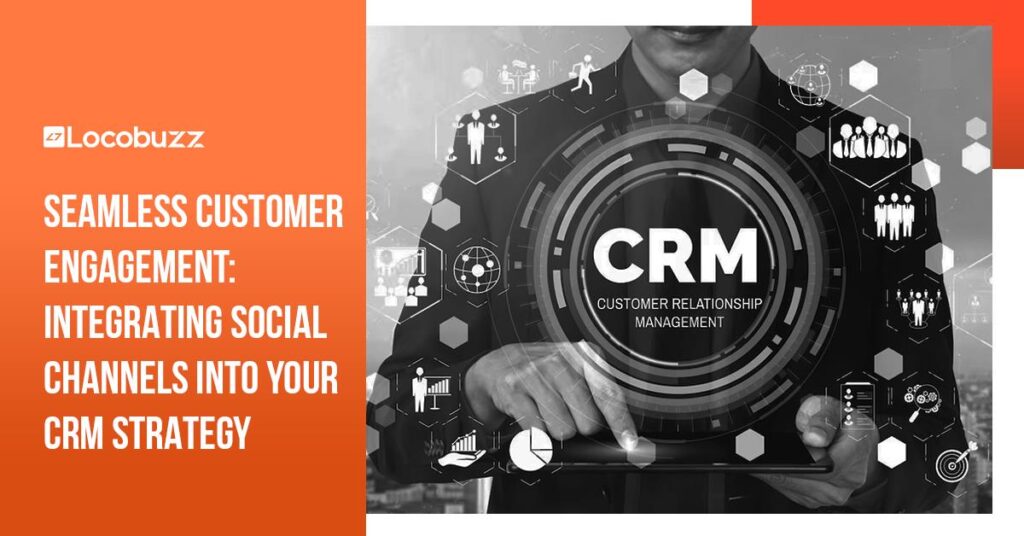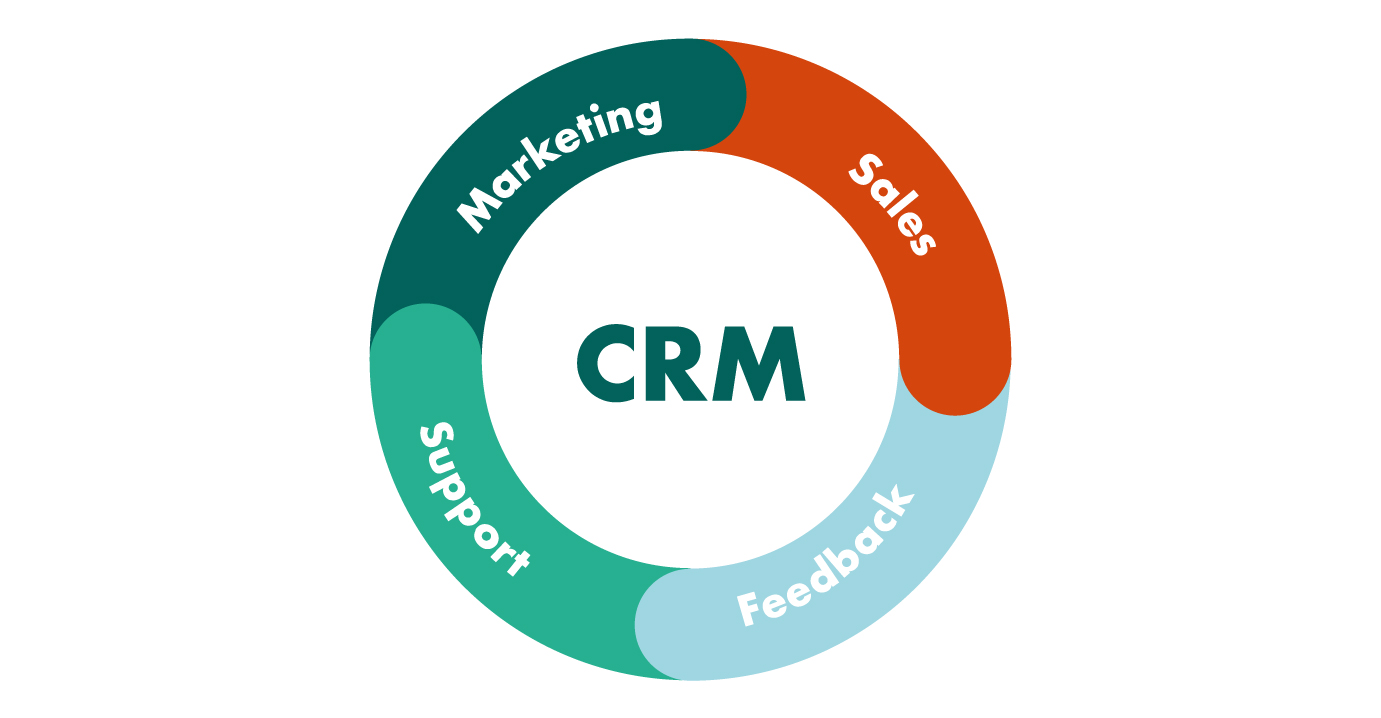Unlock Customer Loyalty: A Deep Dive into CRM Marketing and Loyalty Programs
In today’s fiercely competitive marketplace, businesses are constantly searching for that extra edge. What separates the winners from the also-rans? Often, it comes down to customer loyalty. Cultivating a loyal customer base is no longer just a nice-to-have; it’s a business imperative. And at the heart of building this loyalty lie two powerful tools: Customer Relationship Management (CRM) marketing and loyalty programs. This article delves deep into the intersection of these two concepts, exploring how they work together to create lasting customer relationships and drive business success.
Understanding the Power of CRM Marketing
CRM marketing is more than just a buzzword; it’s a strategic approach to managing and analyzing customer interactions and data throughout the customer lifecycle. The primary goal? To improve business relationships, assist in customer retention, and, ultimately, drive sales growth. It’s about understanding your customers on a deeper level, anticipating their needs, and tailoring your marketing efforts to meet those needs effectively.
What is CRM?
At its core, CRM is a system that allows businesses to manage and analyze customer interactions and data. Think of it as a central hub for all customer-related information. This includes contact information, purchase history, communication logs, and even social media interactions. By centralizing this data, CRM systems provide a 360-degree view of each customer, enabling businesses to make more informed decisions and personalize their marketing efforts.
Key Benefits of CRM Marketing
- Improved Customer Relationships: By understanding customer needs and preferences, businesses can build stronger, more personalized relationships.
- Increased Customer Retention: CRM enables businesses to identify at-risk customers and proactively address their concerns, leading to higher retention rates.
- Enhanced Sales Efficiency: CRM systems automate many sales tasks, freeing up sales teams to focus on building relationships and closing deals.
- Data-Driven Decision Making: CRM provides valuable insights into customer behavior, enabling businesses to make data-driven decisions about their marketing strategies.
- Personalized Marketing Campaigns: CRM allows businesses to segment their customer base and create highly targeted marketing campaigns that resonate with individual customers.
The Role of Loyalty Programs in CRM Marketing
Loyalty programs are a crucial component of any successful CRM marketing strategy. They incentivize customers to make repeat purchases, build brand affinity, and provide valuable data that can be used to further personalize marketing efforts. When integrated with a CRM system, loyalty programs become even more powerful.
How Loyalty Programs Enhance CRM
Loyalty programs provide a wealth of data about customer behavior. This data, when integrated with a CRM system, can be used to create more targeted and effective marketing campaigns. For example, a business can use data from its loyalty program to identify its most valuable customers and offer them exclusive rewards and promotions. They can also track customer engagement with the loyalty program, identifying areas for improvement and making adjustments to the program as needed.
Types of Loyalty Programs
There are many different types of loyalty programs, each with its own strengths and weaknesses. Some of the most popular types include:
- Points-Based Programs: Customers earn points for every purchase, which can be redeemed for rewards such as discounts, free products, or exclusive experiences.
- Tiered Programs: Customers are placed into different tiers based on their spending or engagement. Each tier offers different levels of rewards and benefits.
- Cashback Programs: Customers earn a percentage of their spending back in the form of cash or store credit.
- Subscription Programs: Customers pay a recurring fee for exclusive benefits such as free shipping, early access to products, or personalized recommendations.
- Hybrid Programs: These programs combine elements of different loyalty program types. For example, a program might offer both points and tiered benefits.
Building a Successful CRM Marketing and Loyalty Program Strategy
Creating a successful CRM marketing and loyalty program strategy requires careful planning and execution. It’s not enough to simply implement a CRM system and launch a loyalty program; you need to integrate the two seamlessly and use them to create a cohesive customer experience. Here’s a step-by-step guide:
1. Define Your Goals and Objectives
Before you do anything else, you need to clearly define your goals and objectives. What do you hope to achieve with your CRM marketing and loyalty program? Are you trying to increase sales, improve customer retention, or build brand awareness? Your goals will guide your strategy and help you measure your success.
2. Choose the Right CRM System
Not all CRM systems are created equal. You need to choose a system that meets your specific needs and budget. Consider factors such as the size of your business, the complexity of your sales process, and the features you need. Some popular CRM systems include Salesforce, HubSpot, and Zoho CRM. Make sure the CRM can effectively integrate with your chosen loyalty program platform.
3. Design Your Loyalty Program
Your loyalty program should be designed to incentivize the behaviors you want to encourage, such as repeat purchases, referrals, and engagement with your brand. Consider your target audience, your business model, and your overall marketing strategy. Make sure your program is easy to understand, easy to join, and offers rewards that are valuable to your customers.
4. Integrate Your CRM and Loyalty Program
This is where the magic happens. By integrating your CRM system and loyalty program, you can create a seamless customer experience and gain valuable insights into customer behavior. This integration allows you to personalize your marketing efforts, track customer engagement with your loyalty program, and measure the ROI of your efforts.
5. Segment Your Customer Base
Once your CRM and loyalty program are integrated, you can segment your customer base based on their behavior, demographics, and purchase history. This allows you to create highly targeted marketing campaigns that resonate with specific customer segments. For example, you might offer exclusive rewards to your most valuable customers or send personalized recommendations based on their past purchases.
6. Personalize Your Marketing Efforts
Personalization is key to building customer loyalty. Use the data from your CRM and loyalty program to personalize your marketing efforts. This includes sending personalized emails, offering tailored product recommendations, and providing exclusive rewards and promotions. The more personalized your marketing efforts are, the more likely you are to build strong customer relationships.
7. Track and Measure Your Results
It’s important to track and measure the results of your CRM marketing and loyalty program efforts. This will help you identify what’s working and what’s not, and make adjustments to your strategy as needed. Key metrics to track include customer retention rate, customer lifetime value, and the ROI of your loyalty program. Use the data to continuously improve your program and ensure that it’s meeting your goals.
8. Communicate Effectively
Keep your customers informed about your loyalty program and the benefits it offers. Communicate through various channels, including email, social media, and your website. Make sure your customers know how to earn rewards, how to redeem them, and the value they receive.
9. Continuously Improve
CRM marketing and loyalty programs are not set-it-and-forget-it strategies. You need to continuously monitor your results, gather customer feedback, and make adjustments to your strategy as needed. This includes updating your rewards, introducing new features, and optimizing your marketing campaigns. Stay flexible and adapt to changing customer preferences and market trends.
Examples of Successful CRM Marketing and Loyalty Programs
Let’s look at some real-world examples of businesses that have successfully leveraged CRM marketing and loyalty programs to build customer loyalty and drive business growth:
Starbucks Rewards
Starbucks has one of the most successful loyalty programs in the world. The Starbucks Rewards program allows customers to earn stars for every purchase. These stars can be redeemed for free drinks, food, and other rewards. The program is integrated with the Starbucks mobile app, making it easy for customers to earn and redeem rewards. The app also provides personalized recommendations and offers, based on customer purchase history. This program allows Starbucks to collect valuable customer data and personalize their marketing efforts, resulting in increased customer loyalty and sales.
Sephora Beauty Insider
Sephora’s Beauty Insider program is a tiered loyalty program that offers different levels of rewards based on customer spending. Customers earn points for every purchase, which can be redeemed for free products, exclusive experiences, and other perks. The program is integrated with Sephora’s website and mobile app, making it easy for customers to track their points and redeem rewards. Sephora also uses the program to collect customer data and personalize their marketing efforts, such as sending personalized product recommendations and exclusive offers based on customer preferences.
Amazon Prime
Amazon Prime is a subscription-based loyalty program that offers a variety of benefits, including free shipping, access to streaming video and music, and exclusive discounts. The program is integrated with Amazon’s website and mobile app, making it easy for customers to access their benefits. Amazon uses the program to collect customer data and personalize their marketing efforts, such as sending personalized product recommendations and exclusive offers. The program has been incredibly successful, driving customer loyalty and increasing sales for Amazon.
Challenges and Considerations
While CRM marketing and loyalty programs offer significant benefits, there are also some challenges and considerations to keep in mind:
- Data Privacy: You must be transparent about how you collect and use customer data, and comply with all relevant data privacy regulations, such as GDPR and CCPA.
- Data Security: It is crucial to ensure the security of your customer data and protect it from unauthorized access.
- Integration Complexity: Integrating your CRM system and loyalty program can be complex, and may require technical expertise.
- Program Management: Managing a loyalty program requires ongoing effort, including monitoring performance, updating rewards, and communicating with customers.
- Customer Expectations: Customers expect personalized and relevant experiences. Failing to meet these expectations can damage your brand reputation.
The Future of CRM Marketing and Loyalty Programs
The future of CRM marketing and loyalty programs is bright, driven by advancements in technology and changing customer expectations. Here are some trends to watch:
- Artificial Intelligence (AI): AI is being used to personalize marketing efforts, predict customer behavior, and automate tasks.
- Machine Learning (ML): ML is being used to analyze customer data and identify patterns, allowing businesses to make more informed decisions.
- Mobile-First Experiences: Mobile apps are becoming increasingly important for delivering personalized experiences and engaging customers.
- Personalized Recommendations: Customers expect personalized product recommendations and offers based on their individual preferences.
- Gamification: Gamification techniques are being used to make loyalty programs more engaging and fun.
- Hyper-Personalization: Businesses are moving towards hyper-personalization, tailoring their marketing efforts to individual customers.
Conclusion
CRM marketing and loyalty programs are powerful tools for building customer loyalty and driving business success. By understanding your customers, personalizing your marketing efforts, and offering valuable rewards, you can create lasting customer relationships and achieve your business goals. By implementing a well-designed CRM marketing and loyalty program strategy, businesses can thrive in today’s competitive landscape. The key is to understand your customer, provide value, and continuously adapt to their evolving needs and expectations. Embracing the future trends, such as AI and hyper-personalization, will further enhance the effectiveness of these strategies.





